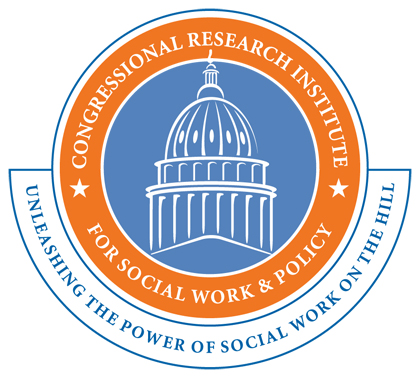If the political prognosticators are correct, the American people are poised to hand over the United States Senate to Republicans on November 4. That is, the American people who will bother to go to the polls and cast their vote. These Americans are likely to be older, whiter, more affluent and more conservative than average American voters. They are more likely to believe that government is the problem rather than a mechanism to solve problems. They are less likely to need social services and less willing to pay taxes to provide them. They are eager to get to the polls because the status quo is probably working for them more than it is for millions of Americans struggling to keep their heads above water.
For these likely voters, addressing economic inequality and climate change are not as important as repealing the Affordable Care Act and launching the Keystone Pipeline. These voters are not leading the fight to increase the minimum wage or produce a more progressive tax system. They are more likely to back the Republican agenda that perpetuates tax breaks for the wealthy and deep cuts in food stamps and public housing subsidies. There are dozens of bills passed by the Republican-controlled House of Representatives that are waiting in the pipeline should they recapture the Senate in November. President Barack Obama and his veto pen will be the last line of defense against more of the Republican’s pro-business and anti-labor legislation.

Yet millions of eligible voters will sit out this election forfeiting any opportunity to influence their futures and leaving the political and economic decisions to more energetic right-leaning voters. They will forgo any chance to vote for candidates who believe in social and economic justice. They will let others vote and will suffer the consequences of their decisions not to go to the polls. Some believe this is a good thing. They think it is best that only the most well-informed and motivated voters elect the country’s leadership. Perhaps if progressives did a better job of educating nonvoters on critical issues, we might get more of them to vote.
Many eligible voters who will decline to exercise their right to vote have become jaded and weary of the political process. They believed the deck is stacked with all the money in politics aided and abetted by Supreme Court decisions in Citizens United and McCutcheon v. FEC. Many are convinced the Koch Brothers and other big money players control politics and their votes will do nothing to change things. Get enough of these voters to stay home and it becomes self-fulfilling prophecy. According the U.S. Census Bureau, nearly 40 percent of eligible voters stayed home in 2012. A study by Dr. Ellen Shearer of the Medill School of Journalism, Media, Integrated Marketing Communications at Northwestern University, found the majority of these voters (53 percent) said they were not registered to vote or they had logistical impediments (transportation, work, etc.) as explanations for not voting. However, 64 percent of nonvoters said they chose not to vote while only 20 percent of nonvoters said they were satisfied with the direction of country.
Many would-be voters are turned off by the incessant bombardment of negative advertising and by what they perceive to be undesirable candidates in both parties—deciding not to vote for the lesser of two evils. How can you blame people for not being enthusiastic about voting when Congress is doing absolutely nothing to address the most critical issues facing the nation? Congress earned its 11 percent approval rating. Yet, two impressive social workers lost in Democratic primaries for the House of Representatives this year. Both Kristie Holmes in California and Susan Grettenberger in Michigan said they received little or no support from the social work profession. We can and must do more to support social workers willing to make significant investments in time and money running for elected office.
Hopefully the effort to get more social workers actively engaged in the political arena will begin to pick up steam as we realize that it is an absolute necessity. We cannot truly be change agents and purveyors of hope unless we are doing more to change the policies and systems that are unjust and unfair to the people we are working to empower. Somehow, I believe social workers will rise to the challenge.
Written By Charles E. Lewis Jr., Ph.D
Things May Have to Get Worse Before They Get Better was originally published @ Congressional Research Institute for Social Work and Policy by Charles Lewis and has been syndicated with permission.
Our authors want to hear from you! Click to leave a comment
Related Posts






